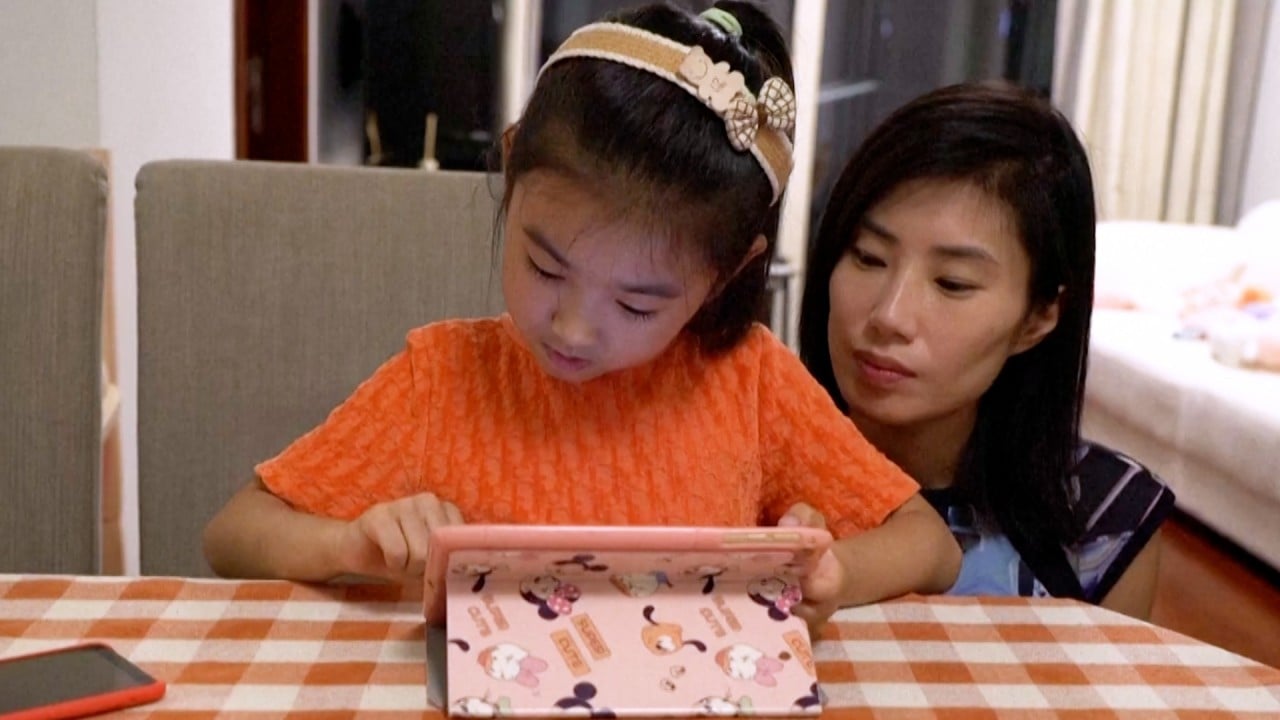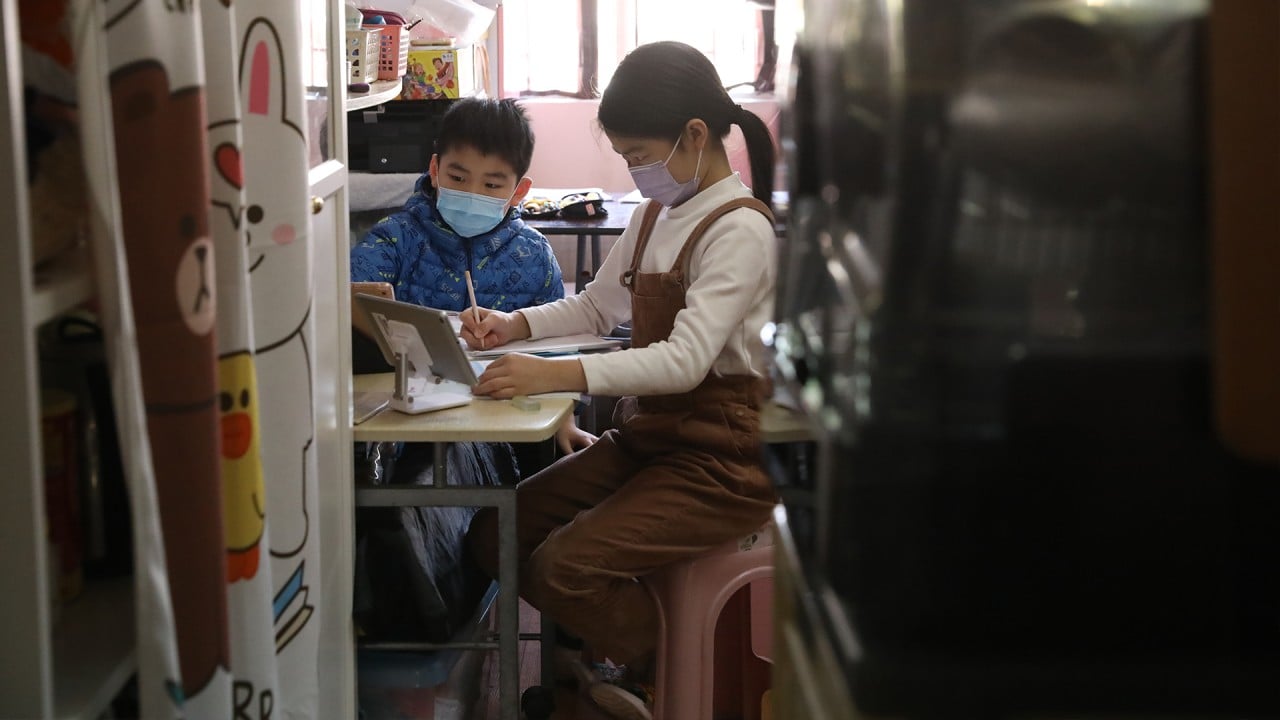
Phones and education technology deserve no place in Hong Kong’s classrooms
- Billions spent on useless ‘ed-tech’ are draining badly needed education funds and profiting tech entrepreneurs instead of supporting teachers.
In March, Jonathan Haidt warned, in his book The Anxious Generation: How the Great Rewiring of Childhood is Causing an Epidemic of Mental Illness, of a catastrophic shift in children’s energy and attention to the virtual world from the physical one.
In Los Angeles, the school board has approved a mobile phone ban, with board president Jackie Goldberg observing, “This is an addiction that is serious.”
Childhood, which used to be spent playing and imagining, is now centred on phones, a real-life horror story articulated in Haidt’s The Anxious Generation. And the billions of dollars being spent on useless “ed-tech” are draining badly needed education funds and putting it in the pockets of tech entrepreneurs.
So-called education technology has never been convincingly shown to have any benefit over “traditional” education methods in producing results. Head-to-head comparisons suggest it is grotesquely overrated, delivering poor results and even harm to the user.
People are surprised when I tell them there is scarcely proof that ed-tech works despite more than 455,000 education apps available for download. Dr Kathy Hirsh-Pasek, a Temple University professor who spoke recently on a Brookings Institute webinar called “Screens and children’s well-being”, has looked at 120 of the most popular education apps and found that only two “seemed to have some education value”.
The reasons behind this unbridled propagation of ed-tech are rooted in beliefs and money.
My Nanzan University colleagues in Japan were surprised when I added master of business administration (MBA) coursework to my master of arts degree and TESOL (teaching English to speakers of other languages) certification instead of getting a doctorate of philosophy. But in my MBA classes, I learned of a widely and deeply held belief – an enthusiasm for technology – that new technology is always helpful and good.
If you read Unesco’s report, “An ed-tech tragedy?”, you will learn about the parallel rhetoric of “technology solutionism”: that technology will always solve the problem – even if it created it. The report details how the tech-heavy response during Covid-19 was built on criticism of education as “broken” and needing to be fixed. Marketing buzzwords like “digital transformation” had been worming their way into discussions about education for years.
The pandemic kicked the door open. Another marketing buzzword followed: “leapfrog”. We were going to leapfrog into a brave new world of better learning. Technology to the rescue. Lockdowns were a disaster for students but a boondoggle for ed-tech companies.
Educators are insecure about criticising ed-tech. Critics are invariably labelled as “traditional”, with a suggestion of the ultimate put-down: “old”. Ed-tech advocates simply rhapsodised about the “future” and the cash poured in. A title of a recent email I received from The Edge, a newsletter from the Chronicle of Higher Education, says it all: “Is even unsexy ed tech worth US$800 million?”
In Hong Kong, the situation is critical. I recently carried out English reading tests on primary schoolchildren in Kwai Hing and every student was a minimum of three years behind and reading comprehension skills were nonexistent. Many students cannot even begin the process of solving a problem.
In the words of one girl: “I hate ‘hard’.” I could write volumes about the Hong Kong children I have met who have been ruined by screens. Parents lament that they cannot stop their children’s non-stop phone use. They cannot stop their own either, it seems.
This is why cutting out ed-tech and banning phones in schools make sense. Schools are controlled environments designed for learning. They offer a place for children to learn not only their subjects, but also about cooperation and socialisation. And despite being overworked, underpaid and all too easily criticised and blamed for everything, teachers in Hong Kong are, by and large, dedicated professionals.
It might sound unsexy but let us give them the support and resources to teach, and stop making tech entrepreneurs rich at the expense of our children’s lives.
Los Angeles native Robert Badal is an author, teacher and former corporate consultant and CEO speech-writer




